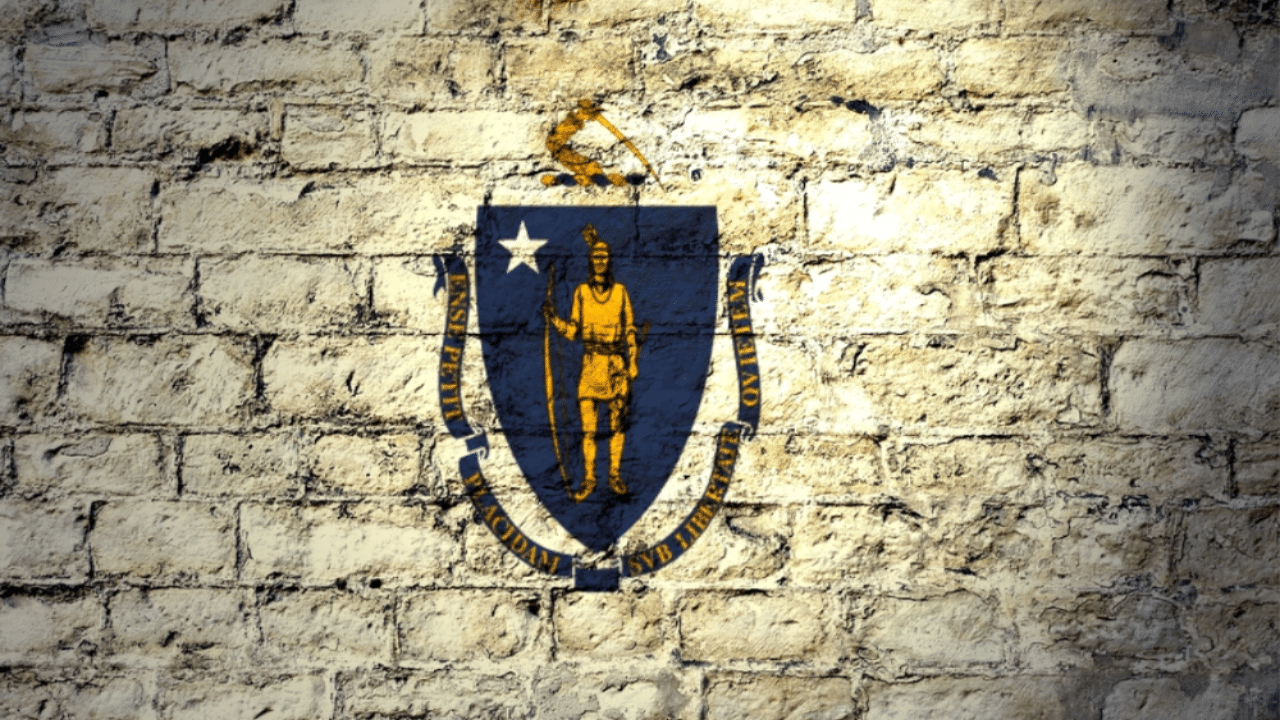Tenth Amendment Center: Massachusetts Committee Holds Hearing on Fully-Informed Jury Bill


BOSTON, Mass. (Oct. 31, 2019) – Last week, a Massachusetts legislative committee held a hearing on a bill that would require state courts to fully inform jurors of their right to use discretion in rendering verdicts.
Sen. Joseph Boncore (D) introduced Senate Bill 828 (S828) in January. The legislation would require the judge in any criminal proceeding to fully inform the jury of its right to judge both the facts and the application of the law in relation to the facts in controversy. This would include telling jurors that they have the power to acquit even if the defendant is technically guilty if the guilty verdict would yield an “unjust result.”
Under the proposed law, at the request of the defense attorney, the judge would be required to read detailed instructions to the jury including the following:
“Even if you find that the state has proved all of the elements of the offense charged beyond a reasonable doubt, you may still find that based upon the facts of this case a guilty verdict will yield an unjust result, and you may find the defendant not guilty.”
On Oct. 22, the Joint Committee on the Judiciary held a hearing on S828.
WHAT IS JURY DISCRETION?
Jury discretion is the ability to declare someone not guilty in a case, even when it is clear he has violated the law in question. Juries use this power to defend people against laws that are unjust, immoral, or unconstitutional. The practice has sometimes been referred to as jury nullification.
This power is one of the most untapped, unknown, and powerful of any at the disposal of ordinary people to stand up to tyranny. In New Hampshire, it is known as the “Wentworth instruction, stemming from a case known as State v. Wentworth in which the defendant challenged the jury instructions on what constituted reasonable doubt.
The first Chief Justice, John Jay, stated the following to the first jury in Georgia v. Brailsford, the first Supreme Court trial held in the United States:
It may not be amiss, here, gentlemen, to remind you of the good old rule, that on questions of fact, it is the province of the jury, on questions of law it is the province of the court to decide. But it must be observed that by the same law, which recognizes this reasonable distribution of jurisdiction, you have nevertheless a right to take upon yourselves to judge of both, and to determine the law as well as the fact controversy. On this, and on every other occasion, however, we have no doubt you will pay that respect which is due to the opinion of the court; for, as on the one hand, it is presumed that juries are the best judges of facts; it is, on the other hand, presumable that the courts are the best judges of law. But still, both objects are lawfully within your power of decision.
Thomas Jefferson also defended jury discretion, writing that “if the question relates to any point of public liberty, or if it be one of those in which the judges may be suspected of bias, the jury undertake to decide both law and fact. If they be mistaken, a decision against right, which is casual only, is less dangerous to the State, and less afflicting to the loser, than one which makes part of a regular and uniform system.”
In the 1969 case of United States v. Moylan, the Supreme Court yet again acknowledged the “undisputed power of the jury to acquit, even if its verdict is contrary to the law as given by the judge, and contrary to the evidence.”
IN PRACTICE
Jury discretion played a noble role in combating federal slavery laws prior to the Civil War, as northern juries regularly refused to convict individuals for violations of the 1850 Fugitive Slave Act. In one instance, a large crowd broke into a Boston courtroom and rescued a runaway slave. When the government indicted three of those involved, an acquittal and a series of hung juries forced the government to drop the charges.
A recent example of juror discretion occurred in New Hampshire when Doug Darrell was arrested and charged with felonies for cultivating marijuana for religious and medical purposes. If convicted, he would have likely faced many years in prison. He was guilty by the letter of the law, but the jury decided to acquit him anyway. More recently, Louisiana prosecutors had to reduce charges in a felony marijuana case after nearly 2-dozen potential jurors balked at criminal charges for illegal possession and none were left in the pool for the day.
While the Supreme Court admitted in Sparf v. U.S. that juries have the right to ignore a judge’s instructions in regard to law, they also held that the court is not legally bound to inform them about it.
S828 would change that in Massachusetts.
WHAT’S NEXT
S828 will have to pass the Joint Committee on the Judiciary by a majority vote before moving forward in the legislative process.
Mike Maharrey
October 31, 2019 at 06:35AM
